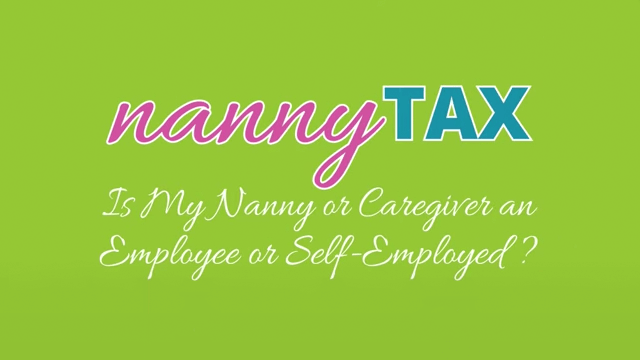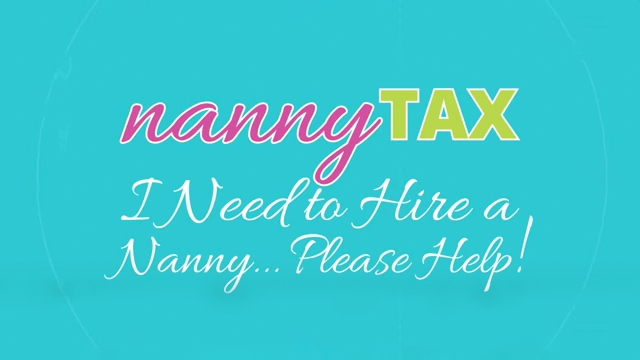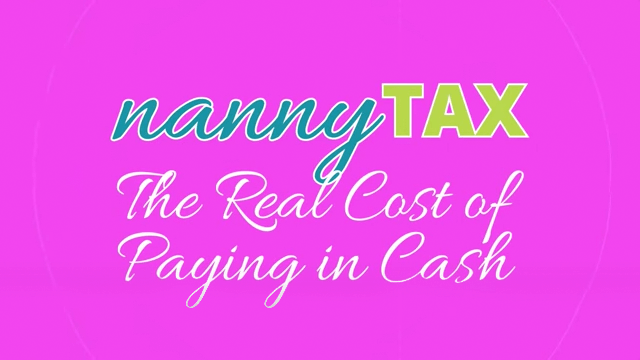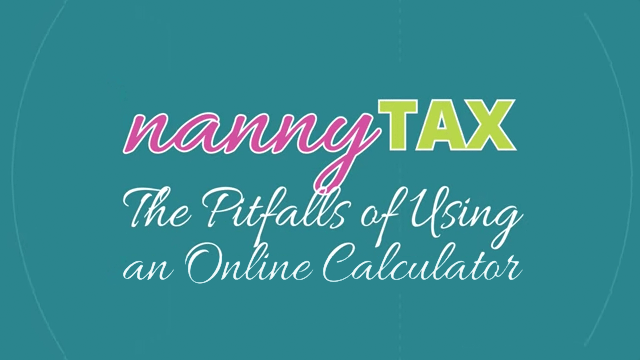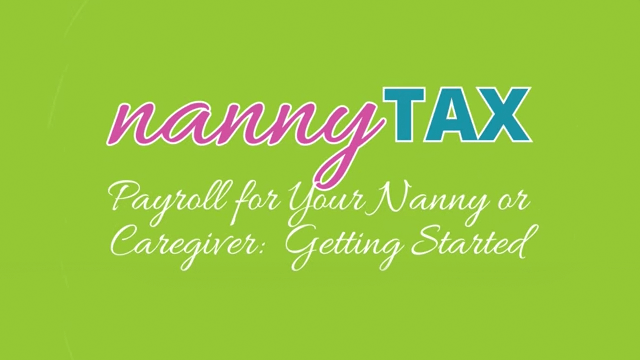
Planning for the Unexpected: Backup Care and Emergency Protocols for Households with Nannies
As parents, our primary concern is the safety and well-being of our children. Unexpected events can disrupt your routine childcare arrangements, be it a nanny’s sudden illness or a family emergency. This makes having a well-thought-out backup plan and clear emergency protocols vital. Let’s explore why these plans are essential and how to establish them effectively.
Understanding the Need for a Backup Plan
Life is unpredictable. Illnesses, personal emergencies, or unavoidable commitments can arise at anytime for anyone, including your nanny. When such situations occur, the absence of a backup childcare plan can lead to chaos and stress. A plan ensures continuity in your child’s care and routine, providing stability and security for everyone involved.
Identifying Backup Care Options
- Family and Friends: Identify trusted family members or friends who can step in at short notice. Ensure they are familiar with your child’s routines and any specific needs.
- Professional Childcare Services: Research local daycare centres or professional childcare services that offer emergency or short-term care options. Get to know them in advance so that you’re comfortable if you ever need to call on them.
- Community Networks: Engage with parent groups or community networks. Such groups often have resources or can offer recommendations for emergency childcare providers.
Establishing Emergency Protocols with Your Nanny
Having clear, agreed-upon emergency protocols is as important as having a backup plan. These protocols should be discussed and documented in your nanny’s employment contract. For more information about what to include in an employment contract, please refer to this blog: https://nannytax.ca/what-to-include-in-an-employment-contract-for-a-nanny-or-caregiver/
- Contact Information: Ensure your nanny has a list of emergency contact numbers, including parents, relatives, neighbours, the family doctor, and poison control.
- Medical Information: Your nanny should already have this but provide your nanny with any updates to essential medical information about your child, such as allergies, medications, and any medical conditions.
- Consent Forms: Have signed consent forms that authorize your nanny to make medical decisions or seek medical attention for your child in your absence, if this is something you are comfortable with.
- Evacuation Plan: Ensure your nanny is familiar with the home’s evacuation plan in case of a fire or other emergencies.
- First Aid Training: Encourage or facilitate first aid and CPR training for your nanny. This can be critical in handling unforeseen medical situations.
Communicating with Your Child
Discuss these plans with your child. Children should know who may care for them in their absence and what to expect in an emergency. This communication can help reduce anxiety and confusion during unexpected changes.
Regularly Updating and Revising Plans
Review and update emergency plans and contact information regularly. Children’s routines, medical needs, and even emergency contacts may change as they grow.
Legal Considerations and Documentation
Consult with a legal advisor to ensure all necessary legal permissions and documentation are in place. This includes medical consent forms and any legal requirements related to the care of your child.
Training and Preparedness Drills
Conduct regular training sessions and preparedness drills with your nanny and, if possible, with your backup caregivers. These drills can include scenarios like medical emergencies, natural disasters, or home safety incidents.
The Role of Technology in Emergency Planning
Leverage technology to enhance your emergency preparedness. This can include digital access to medical records, location-sharing apps for family members, and emergency alert systems.
Building a Supportive Community
Foster relationships with other parents and caregivers in your community. Sharing experiences and resources can be invaluable in emergencies.
Conclusion
While we hope never to face such emergencies, being prepared can significantly reduce the impact of an emergency on your children. This preparation ensures your child’s well-being and offers you peace of mind, knowing that you are ready for whatever comes your way.
Credits: Photo by Polina Zimmerman: https://www.pexels.com/photo/person-writing-on-white-paper-3746948/






